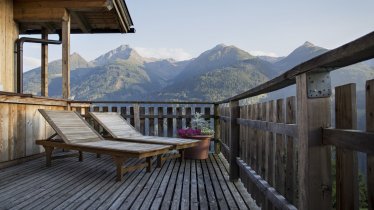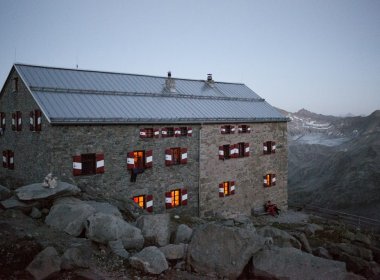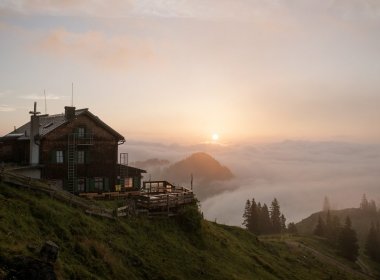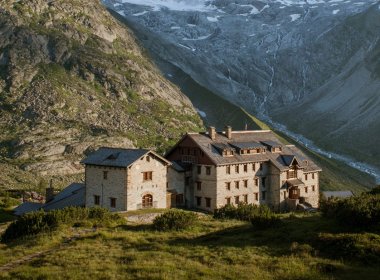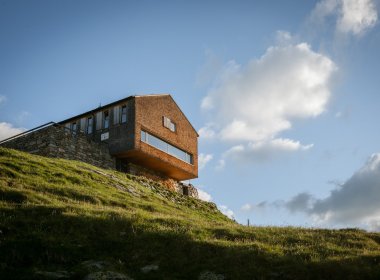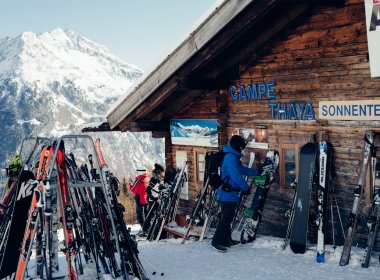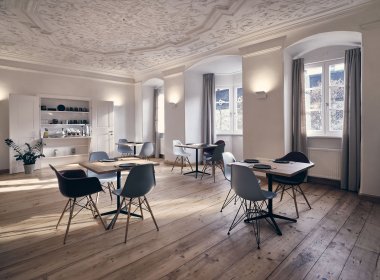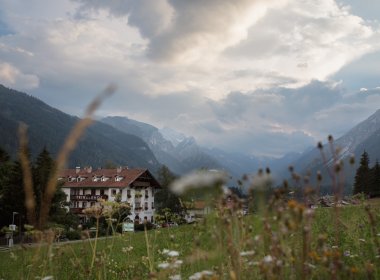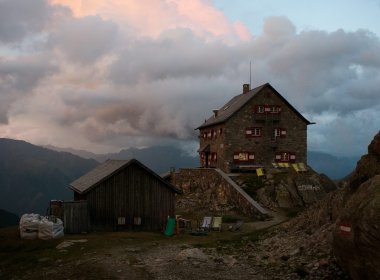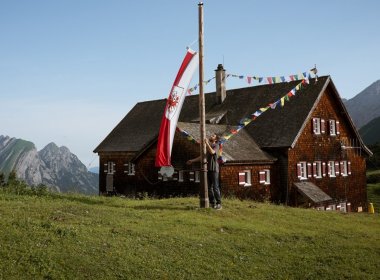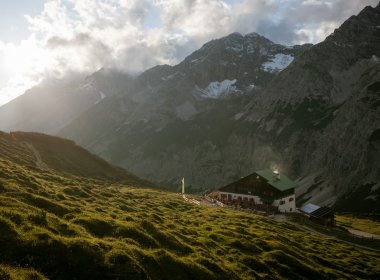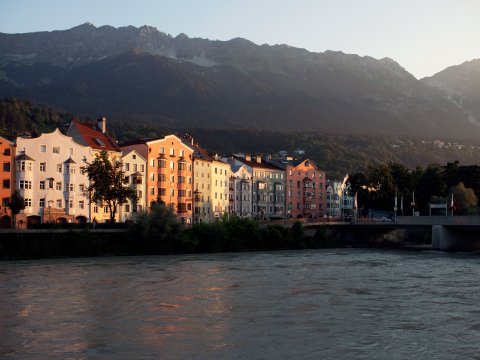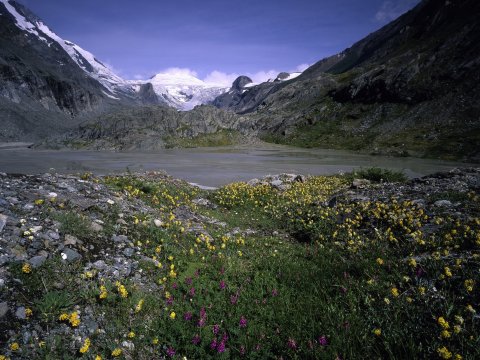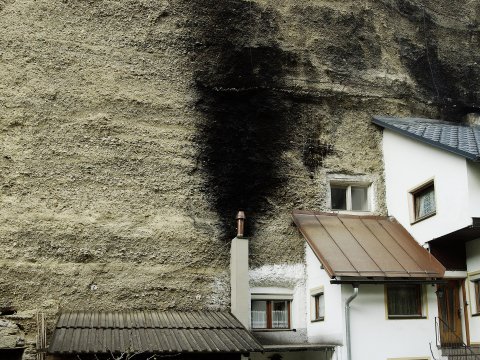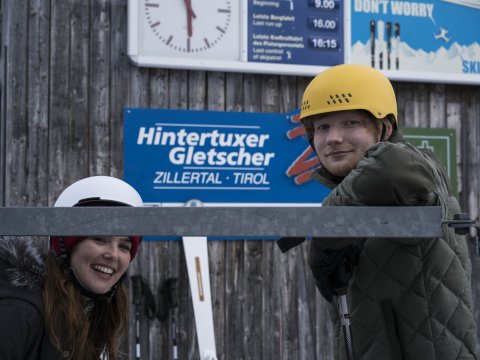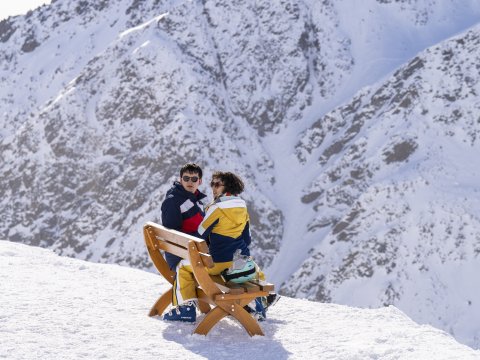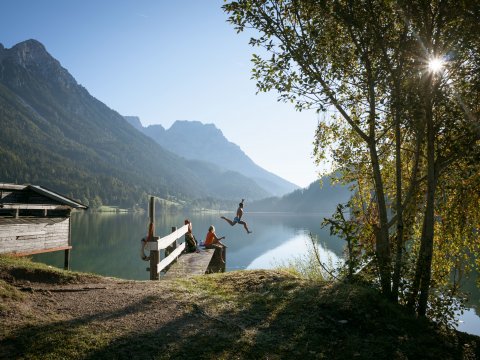Hotels with outstanding food and environmentally friendly spa facilities.
Biohotel Grafenast: Where Sustainability is More Than a Buzzword
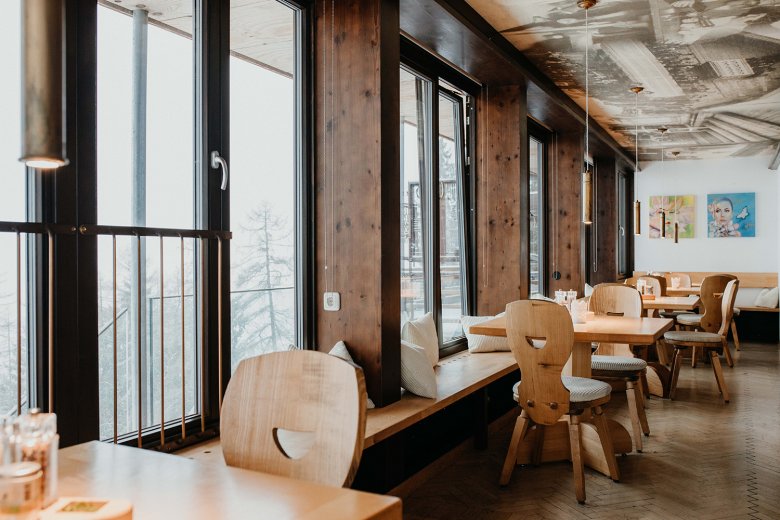
Hotel Grafenast is not a place you happen to stumble upon. If you don’t arrive by public transportation (train to Jenbach, then taxi or bus to the hotel), you will have to battle the long and winding mountain road up to Pillberg by car. Nestled at the end of the road at an elevation of 1,300 metres above sea level, Grafenast is the ultimate rural retreat. High up in the Alps, it offers access to the Kellerjoch ski resort but not much else.
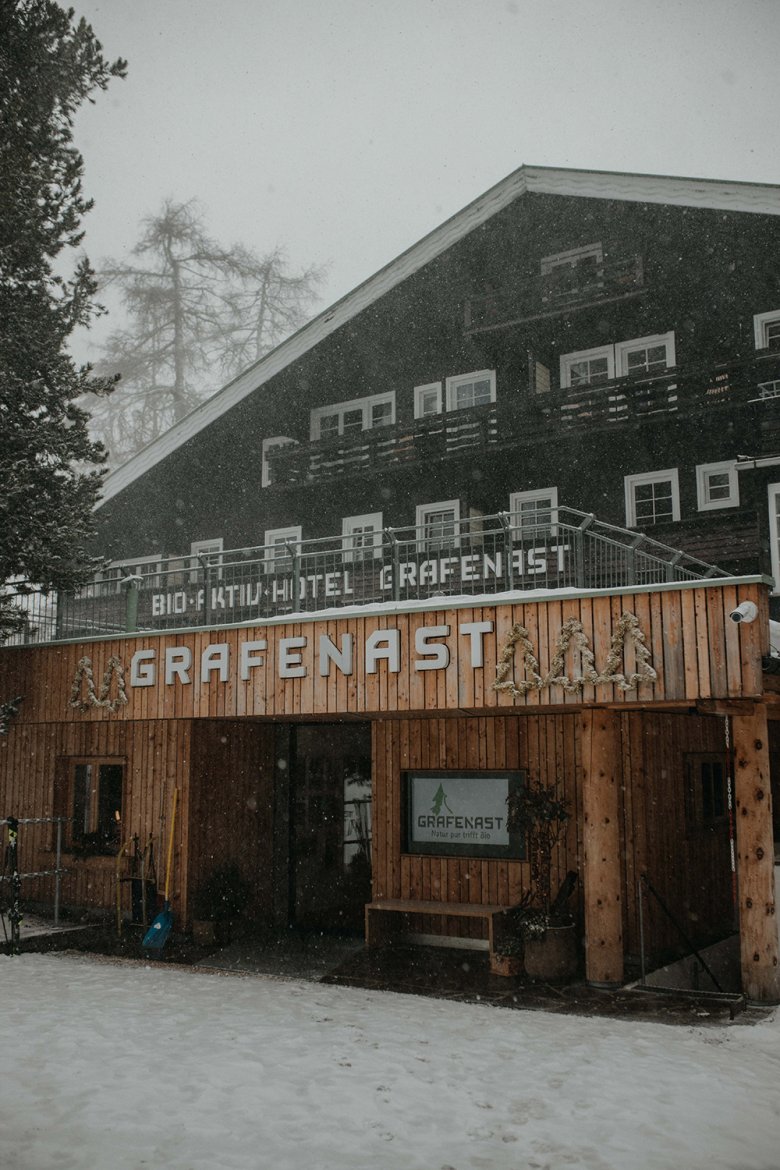
“Slow down!” is the word that Peter Unterlechner chooses to best describe his hotel and its philosophy. “It comes down to the values and philosophy of the people behind this special place. It’s about preserving and protecting the place we love the most. This is an approach that cannot be marketed to guests, but this caring attitude is our biggest gift,” he says.
Sustainability First is a Matter of Common Sense
In an age where the environment has become an emotive topic, green travel is on the rise, with travellers inspired to choose eco-friendly travel options as they think more about conservation, organic foods and sustainability. “That has definitely helped us to put our hotel on the map,” admits Peter Unterlechner. “In the last few years the term sustainability has been a real buzzword, but for my grandfather these principles were all about common sense. Sustainability means social responsibility. It means consciousness and concern about societal and environmental impacts. It means caring for future generations. These days there is certainly potential for greenwashing by profit-driven people looking to cash in on the eco-movement these days, but all in all I am glad that the topic of sustainability is on the rise.”
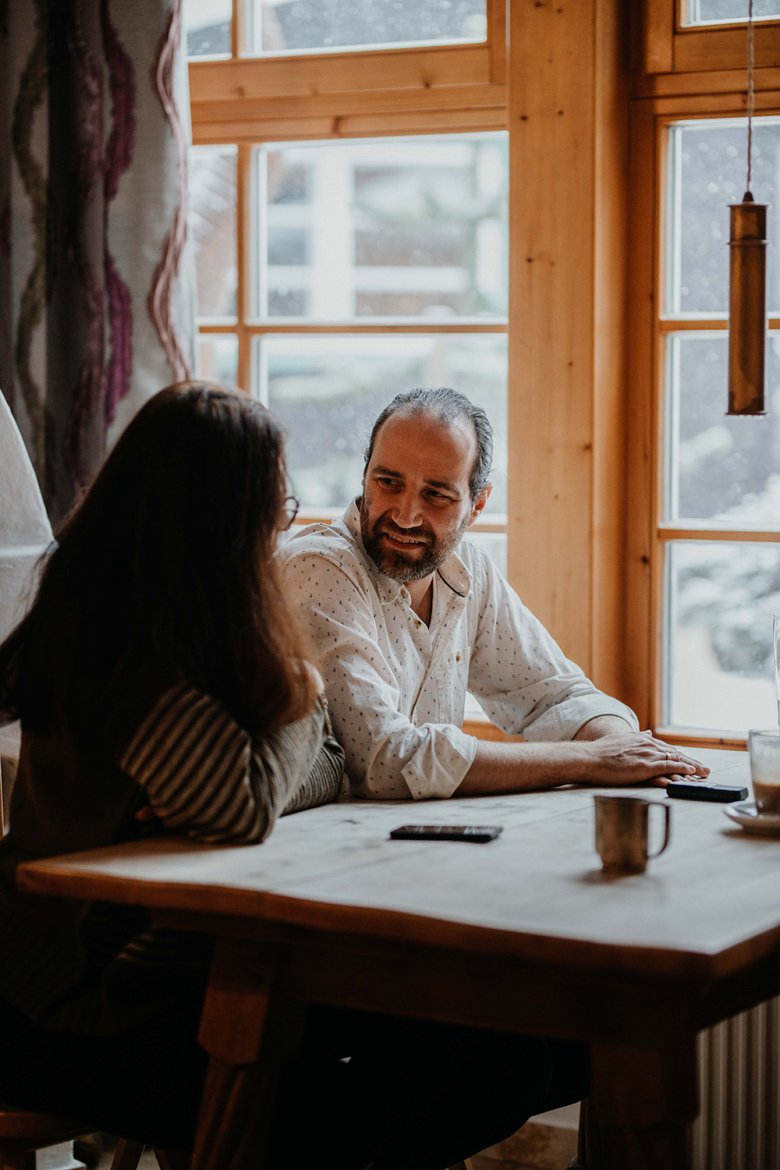
The above-mentioned grandfather, who was lovingly dubbed “Rodel-Toni” (‘Sledge Toni’) by locals, was not keen on taking over the family-run tannery as he was supposed to. Instead, he decided to erect what he called a “Rodelhütte” (‘sledging cabin’) halfway between the Inn Valley and the Kellerjoch mountain. This snack station enabled him to turn his passion for skiing and mountaineering into a profession. By the middle of the 20th century the modest cabin had already been transformed into a stately hotel with 80 beds for guests. For three generations, the Unterlechner Family has expanded and remodeled the quaint original cabin, which still serves as the heart of today’s “Bio Aktiv Hotel”.
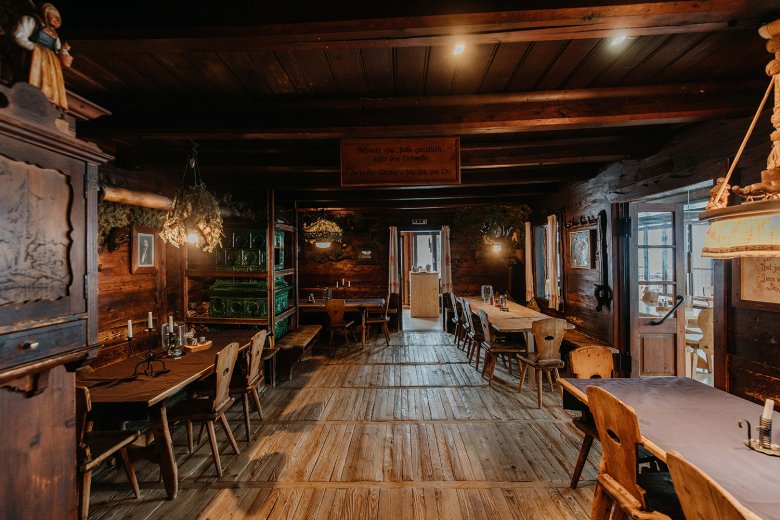
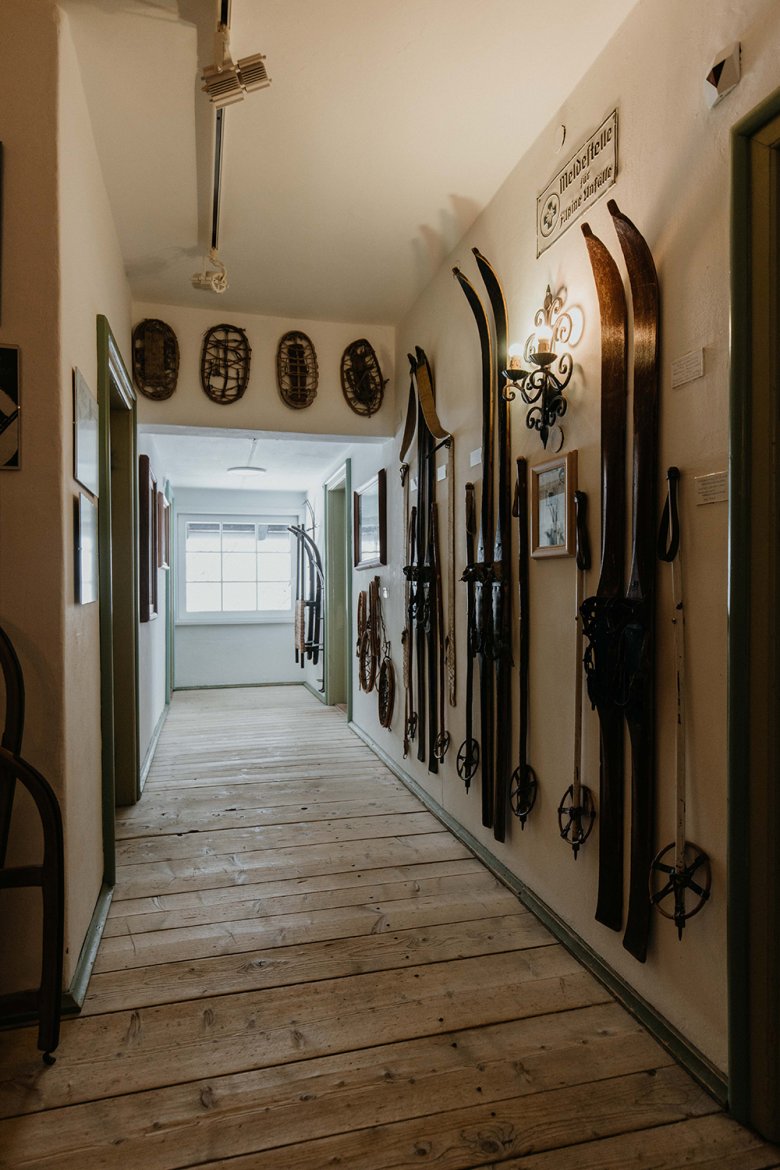
A Decisive Time for Pioneers
The early 1980s were a decisive time for the Hotel Grafenast. During this period the local authorities banned the construction of any futher tourism infrastructure in the area – a move which ran contrary to the trend in the rest of Tirol, where ski lifts and hotels were shooting out of the ground. “The result of that brave decision was that the hoteliers developed more responsibility for their properties,” explains Peter. “My parents were passionately committed to putting their personal interest in health and nutrition at the heart of the hotel. That is where the name “Bio Aktiv Hotel Grafenast” (Eco-Friendly and Active Hotel’) came from.”
Peter trained in the hospitality industry and spent years working abroad. “At that time could have imagined living everywhere, even on the other side of the world,” he says. “Only with time did I learn to appreciate the quality of life that Pillberg offers,” he adds. He met his wife Waltraud and they had two children, Moritz and Rosa. It was obvious to him at an early age that his life would revolve around hospitality. “During the school holidays I would run the hotel bar on my own, at the age of ten or eleven. I loved that job and the responsibility involved.”

“We have come a long way since our first attempts at using organic ingredients to the green dining experience the Hotel Grafenast offers today,” explains Peter Unterlechner. In the restaurant, which has been awarded a “Green Toque” for years (an Austrian certificate for award-winning vegetarian and vegan cuisine), local, organic and seasonal food is a priority. Most of the produce used at the Hotel Grafenast is sourced from the on-site gardens and local farms.
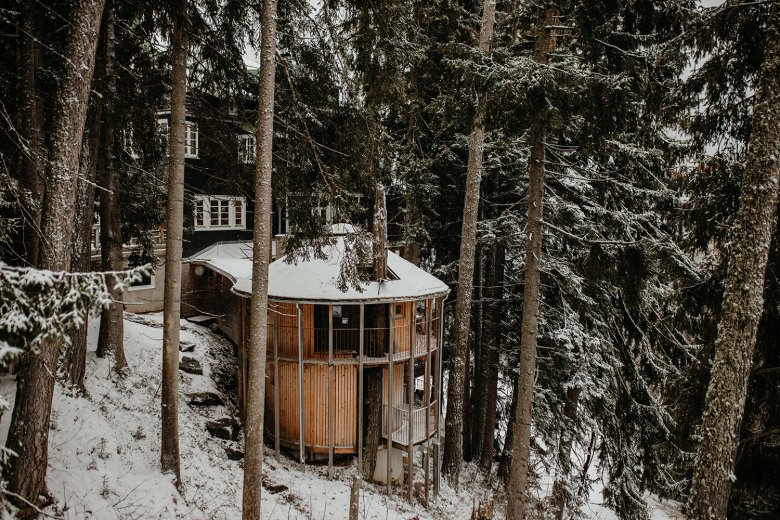
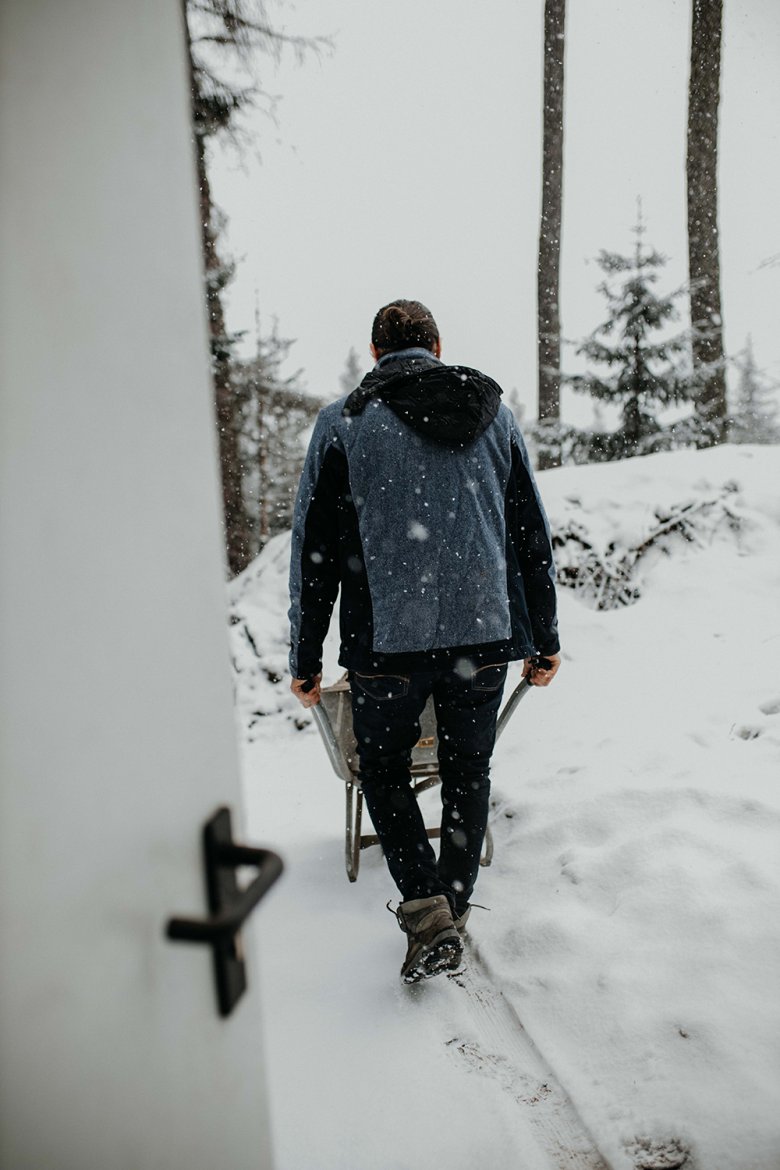
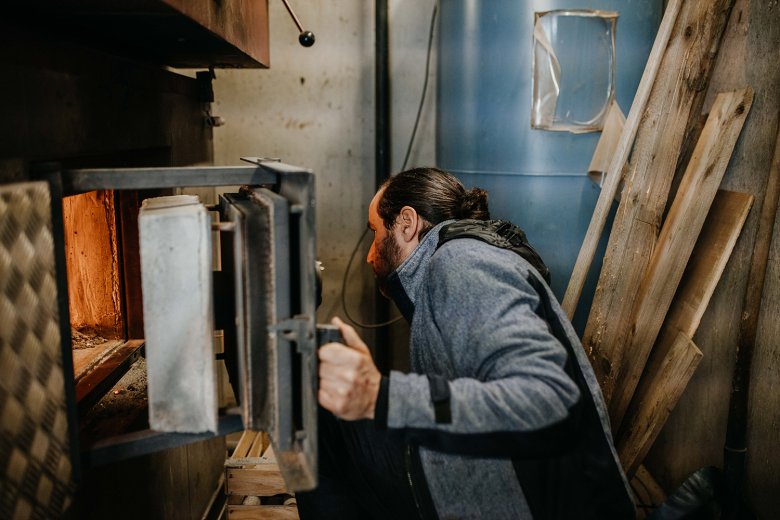
Having won several awards for sustainability, the hotel prides itself on green practices. To name a few, the Unterlechner Family uses renewable solar and wood-burning energy sources throughout the property. From TV-free rooms to minimising electromagnetic radiation, every effort has been made to implement its sustainable intentions. Wireless internet is provided in just one room.
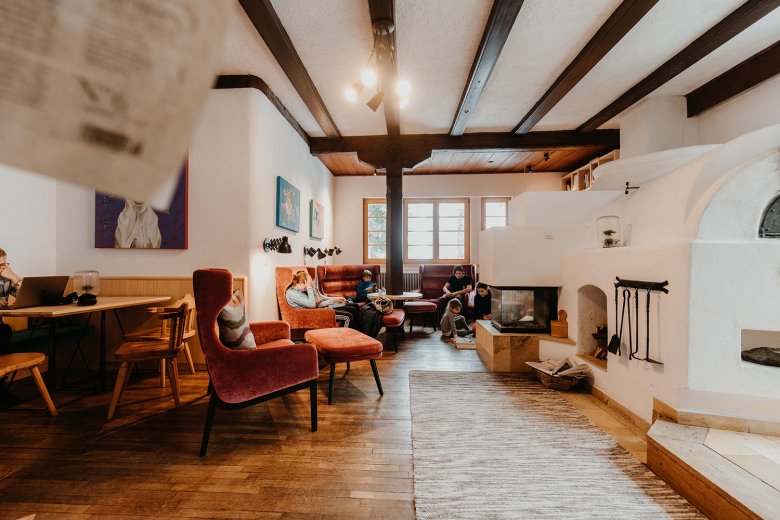

Offsetting the Hotel’s Carbon Footprint
Even Greta Thunberg, the young Swede who has made waves on climate change and inspired millions of people around the world, could easily enjoy a good night’s sleep at the Hotel Grafenast when it comes to the carbon footprint. Peter Unterlechner: “Running a hotel in a self-sustainable way is impossible, however, year on year, we have progressed our sustainable approaches to ensure that we are consistently improving and minimising any negative effect our procedures and systems have on the environment. From offsetting carbon emissions by using renewable energy sources, public transportation and local, organic produce to eco-conscious composting and recycling programs, it is hardly surprising that today we are close to self-sustainable, or carbon neutral. Whereas in most hotels, guests will leave a carbon footprint of up to 12 kg of carbon dioxide per person per night, the nightly impact of guests at the Grafenast is a mere 3.4 kg. What’s more, we compensate our remaining emissions by supporting an Amazon reforestation project. This program is very befitting to us – after all we are kind of forest people, too,” laughs Peter.

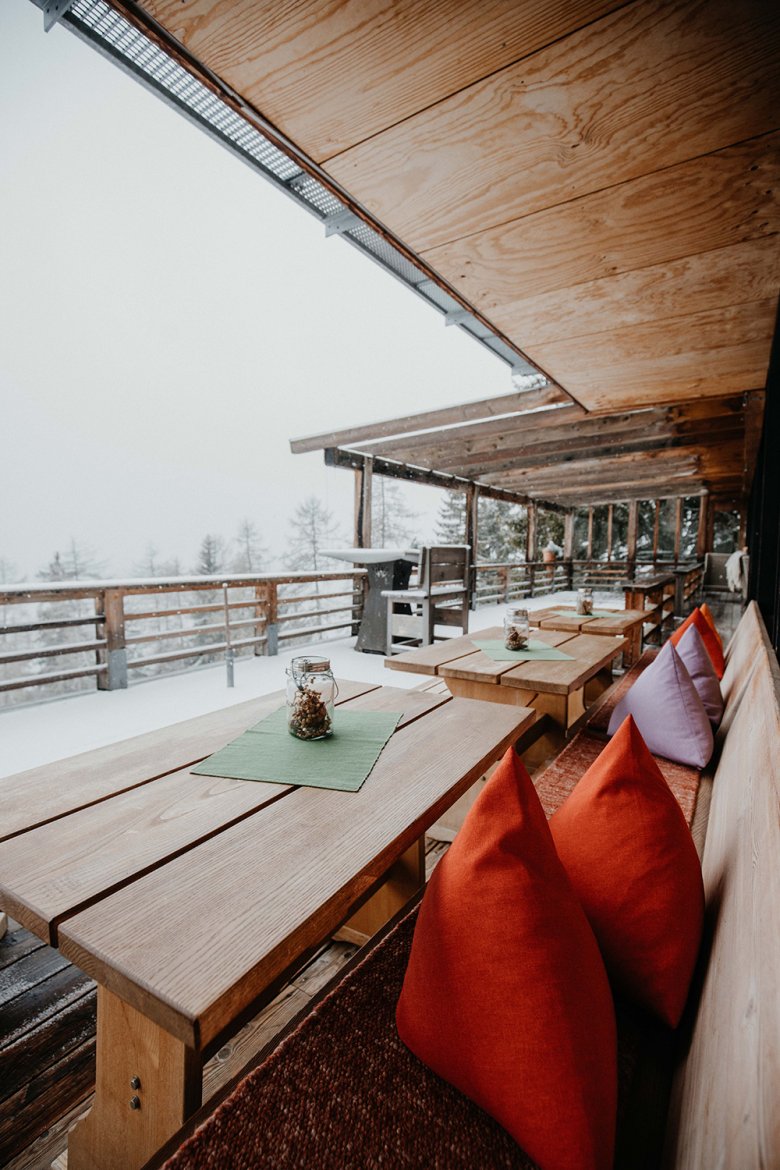
What’s up in the near future? “We must fight against sensory overload,” says the hotel owner. “We have to reduce to the essential, to become emptier, clearer and flatter. That is what we need to do right now.”
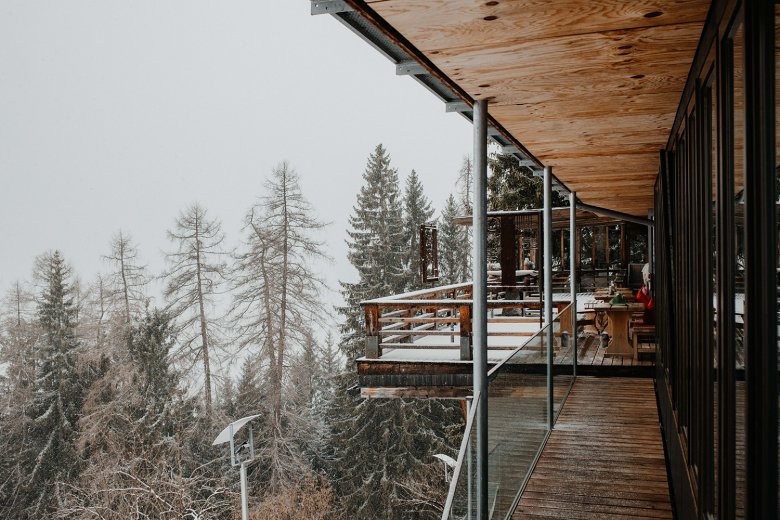
If you want to get in touch with the Grafenast, send an email to sehnsucht@grafenast.com. The silence and stillness of this mountain retreat allows guests to recover from their busy daily lives and to immerse themselves in nature. Staying at this magical place run by the Unterlechner Family, cocooned from the outside world, allows guests to slow down to a more ‘human’ pace.









